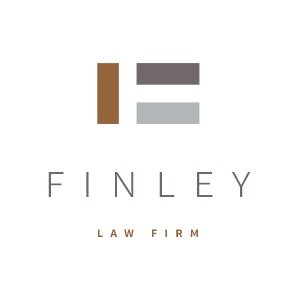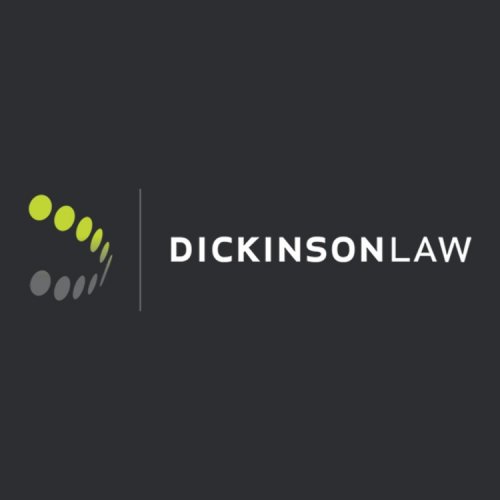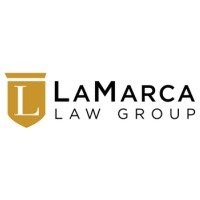Best Elder Abuse Law Lawyers in Des Moines
Share your needs with us, get contacted by law firms.
Free. Takes 2 min.
List of the best lawyers in Des Moines, United States
About Elder Abuse Law in Des Moines, United States
Elder Abuse Law in Des Moines, United States, is designed to protect older adults from abuse, neglect, and exploitation. This area of law encompasses legal measures and procedures aimed at preventing and addressing mistreatment of individuals typically 65 years and older. Elder abuse can take various forms, including physical, emotional, financial abuse, as well as neglect. In Des Moines, efforts to protect elder individuals are a combination of federal guidelines and Iowa state laws, along with local regulations.
Why You May Need a Lawyer
There are numerous situations where individuals might seek legal assistance regarding elder abuse. Common scenarios include suspicions of financial exploitation by caregivers or family members, reports of neglect or abuse in care facilities, and disputes related to guardianship or power of attorney. Legal representation can help to navigate the complex legal system, ensure elder rights are protected, and seek justice or compensation where appropriate.
Local Laws Overview
In Des Moines, Iowa Code Chapter 235B outlines the procedures and definitions related to the abuse of elders, specifically addressing the legal responsibilities of caretakers, mandatory reporting requirements, and protections for dependent adults. The law mandates that certain professionals in healthcare and social services report suspected abuse, and provides legal recourse for victims. Additionally, the state of Iowa provides Adult Protective Services (APS) to investigate and resolve elder abuse cases.
Frequently Asked Questions
What constitutes elder abuse under Iowa law?
Elder abuse in Iowa includes physical harm, financial exploitation, sexual abuse, and neglect of older individuals who are dependent on others for care.
Who is required to report suspected elder abuse?
Mandatory reporters in Iowa include healthcare practitioners, social workers, law enforcement officials, and others who are in regular contact with elder individuals.
How can I report suspected elder abuse in Des Moines?
Suspected elder abuse can be reported to the Iowa Department of Human Services or local law enforcement. You can also contact the Iowa Adult Abuse Hotline at 1-800-362-2178.
What protections do elders have when living in care facilities?
Elders residing in care facilities are protected under both federal regulations and Iowa state laws, which set standards for acceptable care and provide processes for addressing grievances.
Can I file a lawsuit for elder abuse?
Yes, victims of elder abuse or their representatives can file civil lawsuits to seek compensation for damages resulting from abuse or neglect.
What role do Adult Protective Services (APS) play in elder abuse cases?
APS investigates reports of elder abuse, provides necessary interventions, and works to ensure the safety and well-being of elder individuals.
Can financial institutions report elder abuse?
Yes, financial institutions can report suspected financial exploitation of elders and are often trained on recognizing signs of financial abuse.
Are there penalties for failing to report suspected elder abuse?
Yes, there are penalties for mandatory reporters who fail to report suspected abuse, which can include fines and legal consequences.
Can elder individuals refuse protective services?
Elder individuals who have the mental capacity to make informed decisions have the right to refuse services; however, protective interventions may be authorized if an elder is deemed unable to make these decisions.
What should I do if I suspect someone is abusing an elder?
If you suspect elder abuse, report it to local authorities or adult protective services immediately. Gathering documentation and evidence can also assist in an investigation.
Additional Resources
Individuals seeking more information or assistance regarding elder abuse can contact the following resources: Iowa Department of Human Services, Legal Services Corporation (LSC), National Center on Elder Abuse (NCEA). Local organizations such as the Drake Legal Clinic offer legal help and advice for low-income families dealing with elder law issues.
Next Steps
If you or someone you know is experiencing elder abuse, it's crucial to act promptly. Begin by contacting the appropriate authorities to report the abuse. Seeking legal counsel from an attorney specializing in elder law can help protect rights and pursue any necessary legal actions. Legal professionals can provide guidance on next steps, whether through criminal prosecutions or civil remedies. Furthermore, consider reaching out to local advocacy groups for further support and resources.
Lawzana helps you find the best lawyers and law firms in Des Moines through a curated and pre-screened list of qualified legal professionals. Our platform offers rankings and detailed profiles of attorneys and law firms, allowing you to compare based on practice areas, including Elder Abuse Law, experience, and client feedback.
Each profile includes a description of the firm's areas of practice, client reviews, team members and partners, year of establishment, spoken languages, office locations, contact information, social media presence, and any published articles or resources. Most firms on our platform speak English and are experienced in both local and international legal matters.
Get a quote from top-rated law firms in Des Moines, United States — quickly, securely, and without unnecessary hassle.
Disclaimer:
The information provided on this page is for general informational purposes only and does not constitute legal advice. While we strive to ensure the accuracy and relevance of the content, legal information may change over time, and interpretations of the law can vary. You should always consult with a qualified legal professional for advice specific to your situation.
We disclaim all liability for actions taken or not taken based on the content of this page. If you believe any information is incorrect or outdated, please contact us, and we will review and update it where appropriate.












